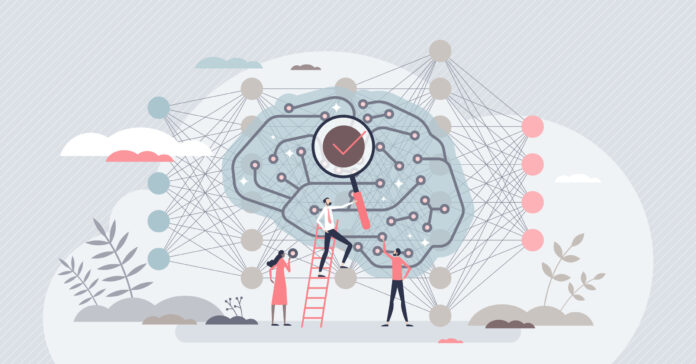In the dynamic world of finance, the ability to predict economic trends is invaluable. Financial analysts, investors, and policy makers spend considerable resources in forecasting activities that form the backbone of strategic planning and investment decisions. Enter deep learning, a subset of artificial intelligence (AI) that is revolutionizing the way financial experts predict the future of economies. This article explores how deep learning is applied in economic forecasting, its advantages, and the challenges it poses.
The Rise of Deep Learning in Economic Forecasting
Deep learning utilizes complex neural networks to model and analyze large datasets, extracting patterns that are often invisible to human analysts or traditional statistical methods. This approach is increasingly being adopted in financial analytics for several key functions:
Market Trend Analysis: Deep learning algorithms analyze vast amounts of financial data, including stock prices, trading volumes, and economic indicators, to identify potential market trends. This enables analysts to make more informed predictions about market movements.
Risk Assessment: By processing historical economic data, deep learning models can predict the likelihood of financial risks such as credit defaults or market crashes. This helps financial institutions mitigate potential losses and formulate robust risk management strategies.
Consumer Behavior Prediction: Deep learning can forecast consumer spending and saving patterns based on socio-economic data, helping companies adjust their strategies according to anticipated changes in consumer behavior.
Advantages of Deep Learning in Predicting Economic Trends
The integration of deep learning into economic trend analysis offers several advantages that significantly enhance forecasting accuracy and reliability:
Handling Complex Patterns: Deep learning algorithms excel in managing non-linear and complex relationships that characterize financial data, which are often challenging for traditional econometric models.
Real-time Analysis: With the capability to process data in real-time, deep learning models provide up-to-the-minute forecasts, allowing analysts to react swiftly to market changes.
Increased Accuracy: By leveraging vast amounts of data and continuously learning from new information, deep learning models refine their predictions, leading to higher accuracy over time.
Automation of Repetitive Tasks: Deep learning automates the analysis of routine data, freeing up analysts to focus on more strategic decision-making processes.
Challenges and Ethical Considerations
While deep learning offers transformative potential, it also brings challenges that need addressing:
Data Quality and Availability: The accuracy of any deep learning model is heavily dependent on the quality and quantity of the data fed into it. Incomplete or biased data can lead to inaccurate predictions.
Overfitting: There is a risk that a model becomes too finely tuned to historical data, making it unable to generalize future conditions accurately.
Transparency and Interpretability: Deep learning models are often criticized for their “black box” nature, making it difficult to understand how decisions are made. This lack of transparency can be a significant hurdle in regulatory compliance and trust building.
Ethical Use of AI: Ensuring that AI is used ethically, especially in sensitive fields like finance, is crucial. Analysts must be vigilant about the models’ potential biases and the ethical implications of their predictive insights.
Conclusion
Deep learning is setting a new standard for predicting economic trends, offering tools that combine speed, accuracy, and depth of insight. As these technologies continue to evolve, they promise to unlock unprecedented opportunities for financial analysts. However, the successful adoption of deep learning will depend on overcoming its current challenges and ensuring ethical standards. By navigating these complexities, financial professionals can leverage deep learning to drive smarter, data-driven decision making.





